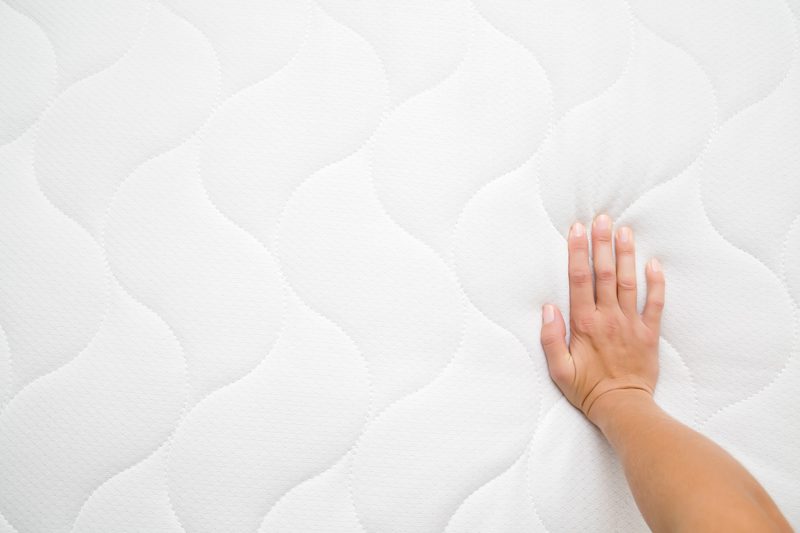Initially developed under contract at NASA’s Ames Research Center, memory foam has long been a popular material for beds and other uses. Its unique ability to conform to your body and slowly bounce back makes memory foam an intriguing material with properties far different than most bedding.
However, memory foam is not a panacea. Here are some of the advantages and disadvantages of memory foam mattresses for sleep.
Heat-Activated Softness
Memory foam provides a unique feeling, but many people don’t know about one of its most interesting advantages: It reacts to heat. For some sleepers, pressure points are a regular source of pain and discomfort that can be strong enough to reduce sleep quality. Because memory foam mattresses soften when heated, one of the benefits might be better pressure point relief.
Back Relief
Another one of the potential benefits of memory foam mattresses is their unique ability to contour to a person’s body. Because of this, some believe these mattresses might provide the right combination of softness and support to relieve back pain. Although they might not work for everyone dealing with back pain, it might be worth trying a mattress out to see if it works.
Too Warm?
One of the concerns about memory foam mattresses is how they lock in heat. While this can be desirable in cooler weather, people in warm locations might find the warmth of memory foam mattresses to be uncomfortable. Those using a memory foam mattresses who find them to be too hot might wish to try out cooler bed sheets and lighter sleeping clothing when the temperature rises.
Odd Smell?
Some people find that memory foam mattresses have an odd smell. Fortunately, this smell isn’t a sign of potential dangers. Memory foam mattresses are made of safe polyurethane; it’s the unique shape that gives memory foam its unique properties. Manufacturers typically have specific instructions to air out mattresses, and following these instructions can prevent odd smells.
Lack of Empirical Data
Ultimately, studies have been lacking so far. Part of the reason is because memory foam itself is relatively new, and its use in mattresses is even newer. Furthermore, sleep studies are notoriously different as sleep quality has both subjective and medical components. Deciding whether to favor a sleeper’s self-reported sleep quality or relying on various breathing- and brain-related measurements make study complex.
Deciding whether to use a memory foam mattress is a personal decision, but the potential benefits for those unhappy with their current mattresses make it an option worth considering. Although there isn’t strong evidence to support the advantages of memory foam mattresses, the potential drawbacks seem to be relatively minor, and many people find them to be superior to other options. If you’re curious about a memory foam mattress, it’s worth trying one out to see if it’s right for you. Here’s our article to help you learn about the difference between memory foam and spring mattresses.


